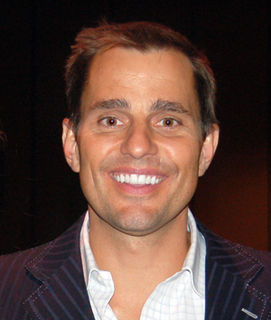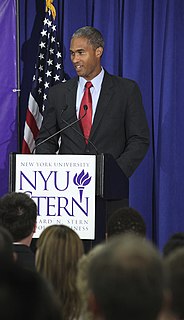A Quote by Bobby Kotick
Successful business leaders who have helped build institutions of lasting value - all are committed to talent and a culture of excellence. This is usually accomplished by the identification, retention, and development of great people.
Related Quotes
That doesn't mean that the top fifteen institutions in the ranking somehow don't belong there at all. But what is the difference between number two and number eight in any meaningful sense? As an administrator who worked to build a complex university, I find the assumption slightly offensive. We need to be committed to excellence, not to lists.
If you have a strong business idea, then it is comparatively easy now to get capital. It is a positive thing that increasingly more people want to join the startup bandwagon. However, to build a successful business, focus on creating more value through the product, and direct your efforts on solving real issues. If you manage to build a sustainable product, revenue will follow. A lot of startups fail because they concentrate on incremental innovations, increasing user base, and monetisation before strengthening the core of their business.
If we want leaders to make good decisions amid huge complexity, and learn how to build great teams, then we should send them to learn from people who've proved they can do it. Instead of long summer holidays, embed aspirant leaders with Larry Page or James Dyson so they can experience successful leadership.
There has been an intention since day one that it's as important to us that we build profits as much as we build a wonderful culture and a lasting legacy of a great company. We've created this inclusive environment that's very thoughtful in terms of how we can create allyship, how we create mentorship, and what kind of voices are heard.
The best leaders are those their people hardly know exist.
The next best is a leader who is loved and praised.
Next comes the one who is feared.
The worst one is the leader that is despised ...
The best leaders value their words, and use them sparingly.
When they have accomplished their task,
the people say, "Amazing!
We did it, all by ourselves!
The purpose of the capital formation presentations and roundtable discussions is to create a dialogue with business leaders, economic development organizations, business incubators, and community leaders to promote investment in Montana and support businesses as they start up and/or grow their existing operations.
Profits are related to customer retention. Customer retention is related to employee retention. Employee retention may or may not be related to benefits, but benefits could be part of the package that causes people to stay and -- by the way -- engage in discretionary effort. .. If you go into any organization that's customer-facing, you can tell in five minutes when the employees are feeling abused. They retaliate on the customers.



































